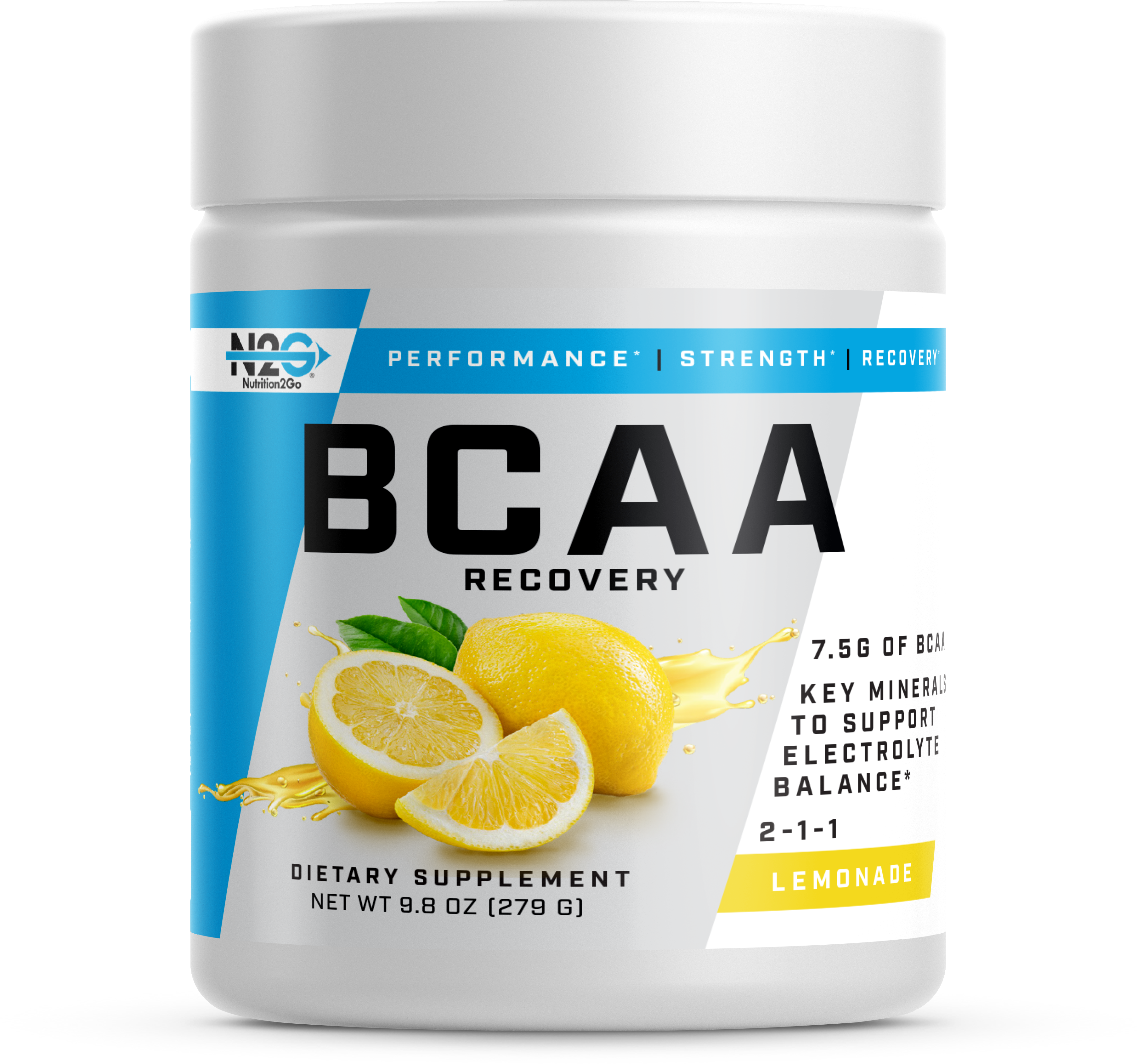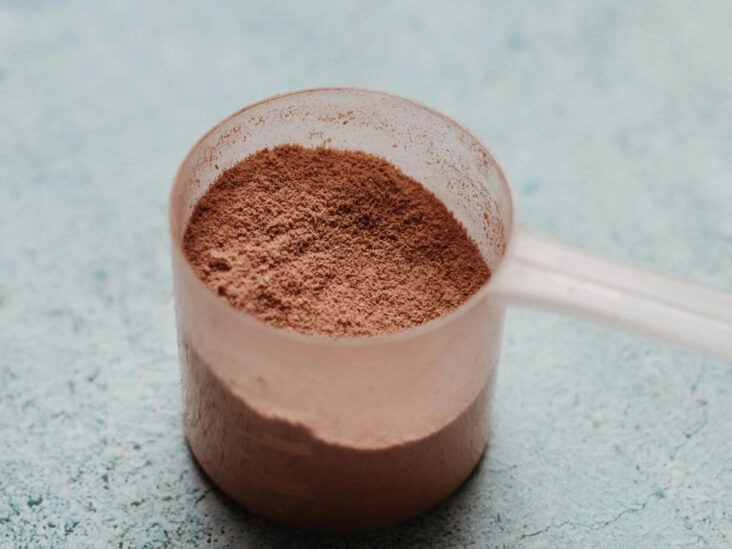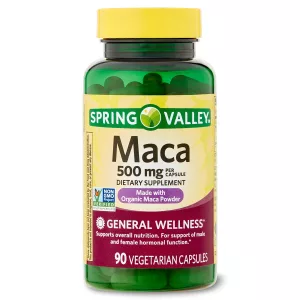Branched-chain amino acids (BCAAs) refer to a trio of essential amino acids:
- leucine
- isoleucine
- valine
People commonly use BCAA supplements to support muscle development and improve exercise performance. They may also aid in weight control and lessen post-exercise tiredness.
This article covers the key facts about branched-chain amino acids and their potential advantages.
What are BCAAs?
BCAAs are made up of three essential amino acids:
- leucine
- isoleucine
- valine
These amino acids are grouped because they’re the only ones with a molecular branch off the main chain.
Like all amino acids, BCAAs serve as the components your body uses to assemble proteins.
They’re termed essential because your body cannot synthesize them on its own, so they must be obtained from dietary sources.
SummaryThe three BCAAs — leucine, isoleucine, and valine — have branched structures and are essential for human health.
How do branched-chain amino acids work?
BCAAs constitute a significant portion of the body’s overall amino acid pool.
Collectively, they make up roughly 35–40% of all essential amino acids in the body and 14–18% of those in muscle tissue (1).
Unlike most amino acids, BCAAs are primarily catabolized in muscle tissue rather than the liver, which suggests they may contribute to energy production during exercise.
BCAAs also perform several other functions in the body.
They can be used as substrates for protein and muscle synthesis (3, 4).
They may help regulate blood glucose by preserving glycogen stores in liver and muscle and promoting glucose uptake by cells.
Additionally, BCAAs might decrease exercise-related fatigue by lowering serotonin production in the brain.
Among them, leucine appears to have the strongest influence on stimulating muscle protein synthesis.
Isoleucine and valine are thought to be more involved in energy production and glucose regulation.
SummaryYour body uses BCAAs to support muscle protein formation and energy generation; they may also influence brain pathways that reduce tiredness.
BCAAs may reduce fatigue during exercise
Ingesting BCAAs might lessen both physical and mental tiredness.
One study found that consuming 20 grams of BCAAs mixed into 400 mL of water and 200 mL of strawberry juice one hour before exercise increased time to exhaustion in participants.
Another trial reported up to a 15% reduction in perceived fatigue among those given BCAAs during exercise compared to placebo.
In a separate study, reduced fatigue allowed the BCAA group to exercise about 17% longer before reaching exhaustion than the placebo group.
Nevertheless, not every study linked lowered fatigue to better physical performance.
SummaryFor some individuals, BCAAs may decrease exercise fatigue. Whether this translates into improved performance is still unclear.
BCAA supplements reduce muscle soreness
BCAAs might also lessen muscle soreness after workouts.
They could do this by decreasing blood concentrations of creatine kinase and lactate dehydrogenase—enzymes associated with muscle damage—potentially aiding recovery and protecting muscle tissue.
Several trials had participants rate soreness after certain resistance exercises.
Those taking BCAA supplements reported up to 33% less soreness compared with placebo groups.
In some studies, participants on BCAAs also performed up to 20% better when repeating strength tests 24–48 hours later.
However, results can vary depending on factors such as sex or overall dietary protein intake.
SummaryTaking BCAAs before or after resistance training may decrease post-workout soreness, though individual responses differ.

BCAAs may increase muscle mass
Many users take BCAA supplements aiming to build muscle.
Research indicates BCAAs activate pathways that promote muscle protein synthesis.
Some trials suggest supplements high in leucine relative to isoleucine and valine can help increase muscle mass.
However, there’s no clear proof that BCAA supplements outperform getting BCAAs through dietary protein or whole-protein supplements like whey or soy.
Indeed, evidence suggests that whole-protein supplements may, in certain cases, be superior for muscle growth compared with isolated amino acid supplements.
SummaryEnsuring sufficient BCAAs may aid muscle growth, and you can obtain them from protein-rich foods or supplements.
BCAAs may lower blood sugar levels
BCAAs might contribute to maintaining healthy blood glucose.
Leucine and isoleucine appear to boost insulin secretion and enhance muscle glucose uptake, which can lower blood sugar.
However, not all studies support these effects.
Some research even suggests that, under certain dietary conditions (for example, a high-fat diet), BCAA supplements could promote insulin resistance.
Many studies have been conducted in animals or cell models, so their applicability to humans is limited.
Human responses also seem inconsistent; in one study of participants with liver disease, 12.5 grams of BCAAs three times daily reduced blood sugar in some individuals but had no effect in others.
Further research is required to draw firm conclusions.
SummaryBCAAs may help with blood sugar control in some situations, but more human studies are needed to confirm these effects.
BCAAs may enhance weight loss
BCAAs could help prevent weight gain and support fat loss.
Observational data show that people consuming around 15 grams of BCAAs daily from food had up to a 30% lower risk of overweight or obesity compared to those taking about 12 grams per day.
It’s important to note that those with lower BCAA intake also tended to consume roughly 20 grams less total protein daily, which may have influenced outcomes.
In calorie-restricted, high-protein diets, BCAA supplementation helped competitive wrestlers lose an extra 3.5 pounds (1.6 kg) over 19 days compared with a soy protein supplement.
The BCAA group also dropped 0.6% more body fat despite similar calorie intake and slightly less total daily protein.
Another study found weightlifters taking 14 grams of BCAAs per day lost 1% more body fat over eight weeks than those consuming 28 grams of whey protein, and additionally gained about 4.4 pounds (2 kg) more muscle.
However, these studies had limitations, including limited details on supplement and diet composition, which could affect results.
Overall, studies on BCAAs and weight loss show mixed findings.
SummaryBCAAs might help with weight maintenance and fat loss, but more research is needed to determine whether supplements add benefits over a protein-rich diet.
BCAAs may reduce complications in liver disease
BCAAs could help lower the risk of certain complications associated with liver failure.
One such complication is hepatic encephalopathy (HE), which can cause confusion, loss of consciousness, and coma.
A 2014 review found that, in people with liver disease, BCAA supplements might be more effective than other supplements at reducing HE severity.
However, BCAAs did not improve overall survival or reduce the risk of other complications like infections or gastrointestinal bleeding.
Another review reported that BCAA-enriched solutions during liver surgery might enhance liver function, reduce complication rates, and shorten hospital stays.
BCAA supplementation may also alleviate fatigue, weakness, poor sleep quality, and muscle cramps in those with liver disease.
In some liver cancer cases, BCAAs were associated with reduced fluid retention and a lower risk of premature death.
If you have liver disease, consult your healthcare provider before starting BCAA supplements.
SummaryBCAA supplements may improve liver-related outcomes and reduce some complications in people with liver disease.
Dosage instructions
If you’re considering BCAA supplementation, discuss it with a healthcare professional to determine if it’s appropriate and what dose to take.
There are no established official daily requirements for BCAAs, though research studies have used various dosages.
People who already eat adequate amounts of protein-rich foods likely do not need additional supplementation.
The most common timing for BCAA intake is before and/or after workouts. Some who seek muscle gains also take them in the morning and before sleep.
Whether exact timing significantly alters outcomes remains unclear. Always follow the manufacturer’s directions and do not exceed the labeled maximum dose.
SummaryNo official recommended dose exists for BCAAs; consult a healthcare professional before supplementing, especially if your diet already contains ample protein.
Top food sources
Many foods are rich in BCAAs, including:
- meat, poultry, and fish
- beans and lentils
- dairy products such as cheese and milk
- tofu and tempeh
- eggs
- quinoa
- nuts and seeds
SummaryAdding the foods listed above to your eating plan will boost your daily intake of BCAAs.
Safety and side effects
For most people, taking BCAA supplements is considered safe and well tolerated.
However, individuals with maple syrup urine disease, a rare inherited disorder, should restrict BCAA intake because they cannot properly metabolize them.
SummaryBCAA supplementation is generally safe, but it is not recommended for certain individuals with specific metabolic disorders.
The bottom line
BCAA supplements can offer benefits under particular circumstances, notably for muscle repair, growth, and some aspects of exercise performance.
That said, BCAAs are abundant in whole-protein supplements and a wide range of protein-rich foods.
Therefore, supplementation may be unnecessary if you already obtain sufficient BCAAs through your diet or from complete protein supplements.

























Leave a Reply
You must be logged in to post a comment.